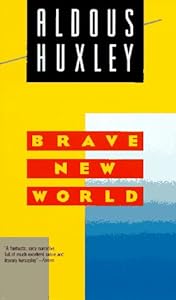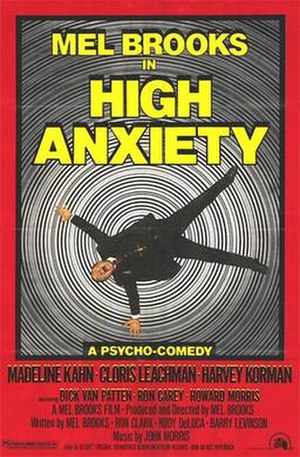 |
| Gerard Manley Hopkins, an English poet, Roman Catholic convert, and priest (Photo credit: Wikipedia) |
I haven't been to church in 3 weeks. We were away, then someone was sick, then I slept in … but those are never the real reasons. The real reasons are always some combination of feeling under stress; overwhelmed; as if going to church is yet another thing I have to do, on top of every single other thing I'm supposed to do, and I am sick of doing everything I'm supposed to do and never ever doing anything I want to do, so I'm not going to church, so there.
I feel like this particularly often at this time of year, when it feels as if someone's pulled a plug out of the bottom of the world somewhere, and all the light is draining out. All I want to do is huddle at home and eat toasted bagels. It never crosses my mind when I get like this that going to church always makes me feel better.
It's no coincidence that I haven't been praying or meditating at all lately either. I keep track with a little iPhone app that shows red or green depending on whether I did either that day, and the last few weeks are an unbroken streak of red. Meditation, prayer, reading something inspirational, all give me a broader perspective and get me out of my rut. Anything that stops me from grumbling for five minutes will do that. But when I'm in this mood I resist all those things, either because I forget they make me feel better or - more likely - because I know that, and I don't want to feel better. I want to hang on tight to the comfort of my crankiness, and I resist anything that might pry me loose.
But this morning for some reason I woke up early enough that there was actually time to meditate. I haven't visited http://sacredspace.ie, the Irish Jesuit daily prayer website, for ages, but I remembered that I always liked it, and decided to try it again. Once there I found it difficult to get into the mood to meditate on the Scripture reading today, it's been so long since I've tried, and clicked the link labelled "Guide" for help.
There were several different exercises they recommended to help one focus. I clicked, curious, on the one labelled "God's Grandeur", and found the Gerard Manley Hopkins poem:
God's Grandeur
The world is charged with the grandeur of God.
It will flame out, like shining from shook foil;
It gathers to a greatness, like the ooze of oil
Crushed. Why do men then now not reck his rod?
Generations have trod, have trod, have trod;
And all is seared with trade; bleared, smeared with toil;
And wears man's smudge and shares man's smell: the soil
Is bare now, nor can foot feel, being shod.
And for all this, nature is never spent;
There lives the dearest freshness deep down things;
And though the last lights off the black West went
Oh, morning, at the brown brink eastward, springs -
Because the Holy Ghost over the bent
World broods with warm breast and with ah! bright wings.
Gerard Manley Hopkins
And even then, faced with the brilliance of this amazing poem, I struggled, asking myself, well, sure, but maybe I'm just affected by this poem because I've been taught to think the same thing Hopkins was taught to think, and maybe we're just both of us encouraging a mutual illusion and … but even in my present cranky mood, I can tell my objections are nonsense.
Even in my present mood I can tell that I love this poem because I see what Hopkins sees; and maybe it's because I've been taught to and Hopkins has been taught to, but does that matter? It doesn't matter why we think this. All that matters is whether it's true.
And I think it's true. The Holy Ghost bends over our world, warm breast and bright wings, and even in this dark season, nothing escapes her loving gaze. So, thank you, Hopkins; and thank you, Irish Jesuits; and thank you, whoever woke me up this morning in time to meditate.
And thank you, Holy Spirit, for your loving care.
p.s. Years of hanging out with academics makes me add: of course it does matter why we think what we do, because (among other things) that's one of the clues as to whether or not what we think is true. And one of the reasons I think I 'see what Hopkins sees' is because the poem is so brilliant, since that also makes it very persuasive. Even a convinced atheist, on reading "God's Grandeur", would likely spend half an hour contemplating conversion before shaking off the mood. So it is unfair to use my assent to Hopkins' vision as evidence for the existence of God, when I may simply have been persuaded by Hopkins' poetry.
That doesn't mean he's wrong, though.




